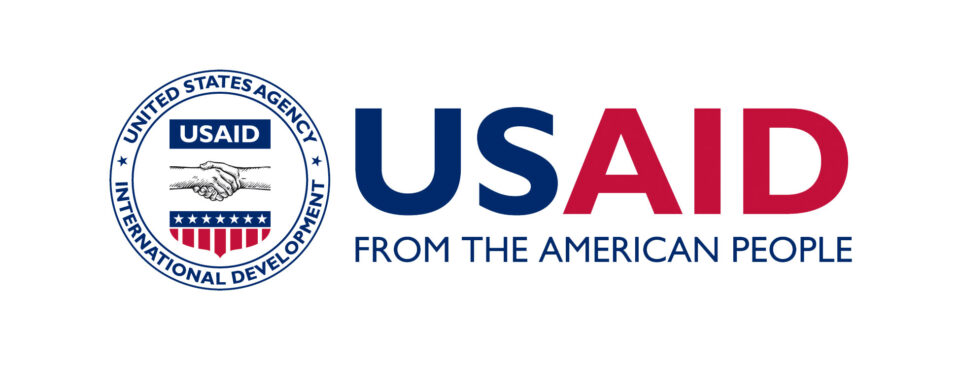USAID Advancing Nutrition Project in collaboration with the National Nutrition Council (NCN), organised a 2- day workshop to proffer possible solutions to reduce nutrition wasting in Children in Nigeria.
Speaking with journalists in Abuja during the workshop which held on Tuesday and Wednesday, Maternal Infant and Young Child Nutrition Advisor for USAID Advancing Nutrition project in Nigeria, Pauline Adah, said the Technical Workshop followed an earlier stakeholder engagement in June 2022
She said the technical workshop aimed to further engage stakeholders to ascertain the current nutrition status and to review the Nigeria Global Action Plan (GAP) Roadmap which lays out a National Multi-Sectoral Plan of Action for Food and Nutrition 2021–2025 (NMPFAN), that prioritises reducing childhood wasting from 18 percent in 2013 to 10 percent in 2025.
“Like you are aware, we are already in 2023 and we don’t know where we are at the moment to know what we will need to strengthen. The objective is to call together nutrition stakeholders so that we can analyse the nutrition status of children in Nigeria in terms of wasting, look back to the global action plan that was put together years back to know what is working and what is not working as well as the way forward to meet the target of the treatment coverage of 50%.”
Also, the SSA to the Vice President of Nigeria Prof Yemi Osibanjo, Ms Abimbola Adesanmi said the National Nutrition Council (NCN) which is domiciled in the office of the Vice President of Nigeria aims to ensure that the interventions and programs of the federal government are identified in the national policy and the NMPFAN to reach the doorstep of the most vulnerable.
She said the NMPFAN 2021–2025 which aims to address wasting in children has faced various challenges including inadequate funding; inadequate nutrition commodities – Ready-to-Use Therapeutic Food, RUTF: cost of RUTF, a major factor for sustainability; poor integration of nutrition-sensitive programs in the communities to aid the prevention of wasting among others.
She further highlighted the challenges of fragmented implementation, cost competitiveness between imported and locally produced micronutrients as well as the cost of importing raw materials that are not available in sufficient quantities.
According to a presentation on Nigeria’s GAP Roadmap by Professor Kola Anigo,1 out of 3 wasted children received treatment for malnutrition. He added that care from parents is essential for a child to survive wasting.
He further stated that about 54 million Dollars is needed to achieve the outcomes of Nigeria GAP.
Earlier in her opening remarks, the Country Director of Helen Keller Int’l Philomena Orji said. “We have over 17 million children who are undernourished and that means that Nigeria has the highest burden of malnutrition in Africa and second highest in the world and that’s one of the reasons we are here.”
She noted that the challenges of malnutrition are multifaceted and requires a multisectoral approach to tackling it.
She expressed the commitment of Helen Keller Int’l in
collaborating with partners and stakeholders to contribute its quota in addressing malnutrition in Nigeria.
At the end of the workshop, various outcomes were reached by stakeholders towards reducing wasting: “Dissemination of workshop outcome to stakeholders, formation of a Coalition group, follow up on key recommendations, monitor implementation of recommendations, RUTFs Financing Consultation”.


